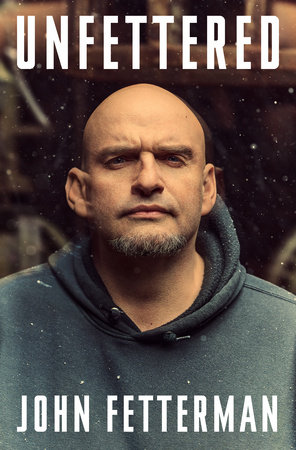
Gerald Early
Gerald Early, editor of The Common Reader and a fellow of the American Academy of Arts and Sciences, is Merle Kling Professor of Modern Letters, professor of English and of African and African-American Studies, both in Arts & Sciences, at Washington University in St. Louis. Dr. Early is a native of Philadelphia and earned a BA from the University of Pennsylvania. He earned his MA and PhD from Cornell University.
By Gerald Early

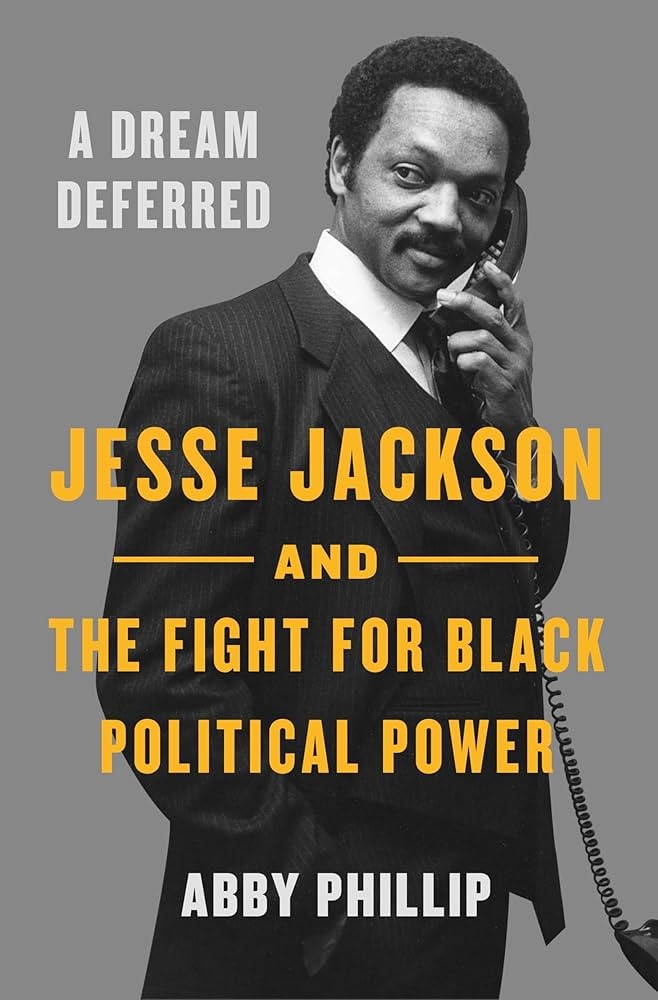
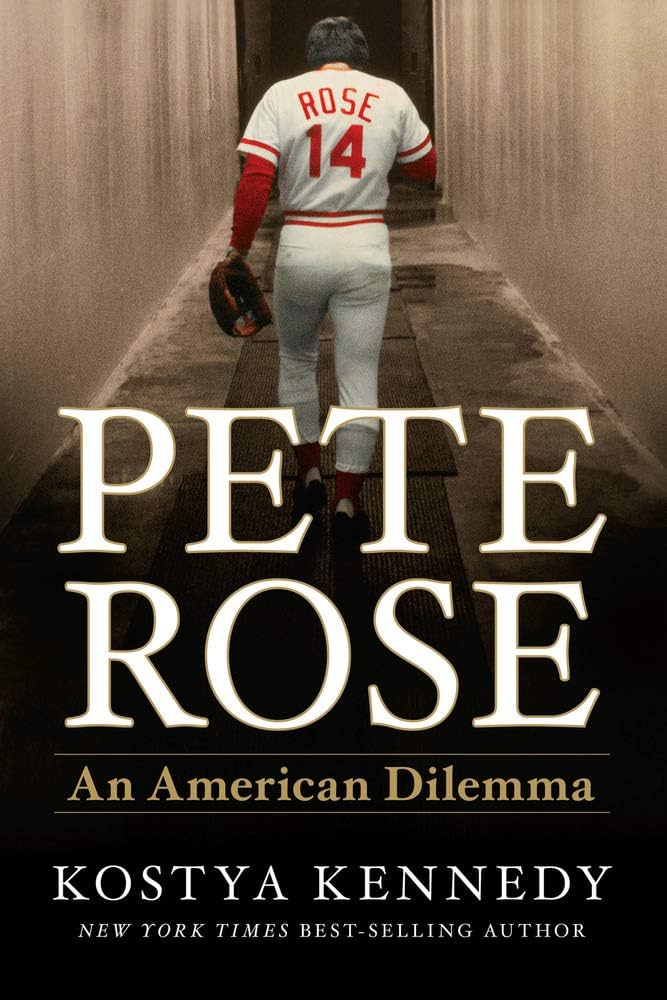
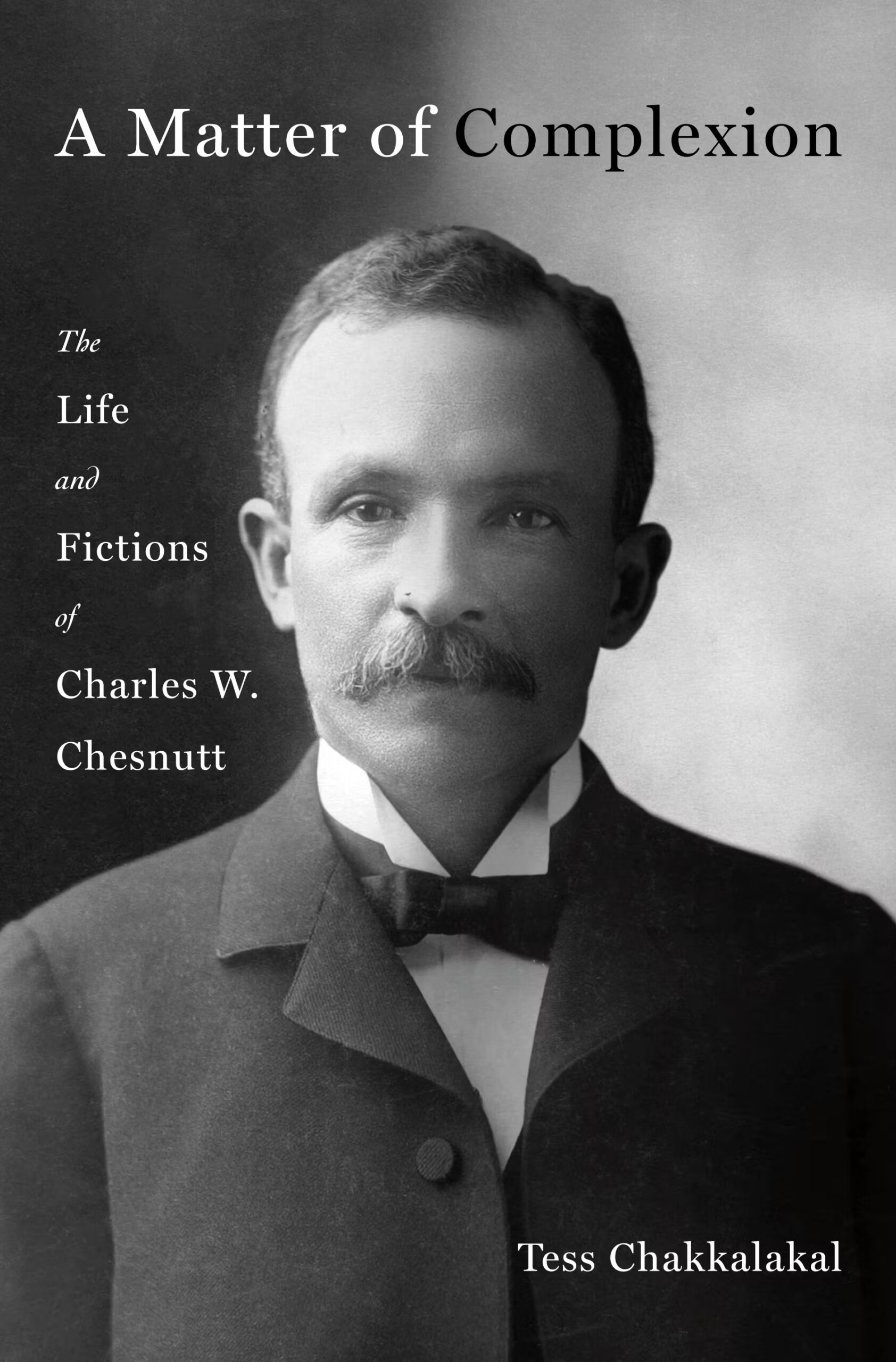
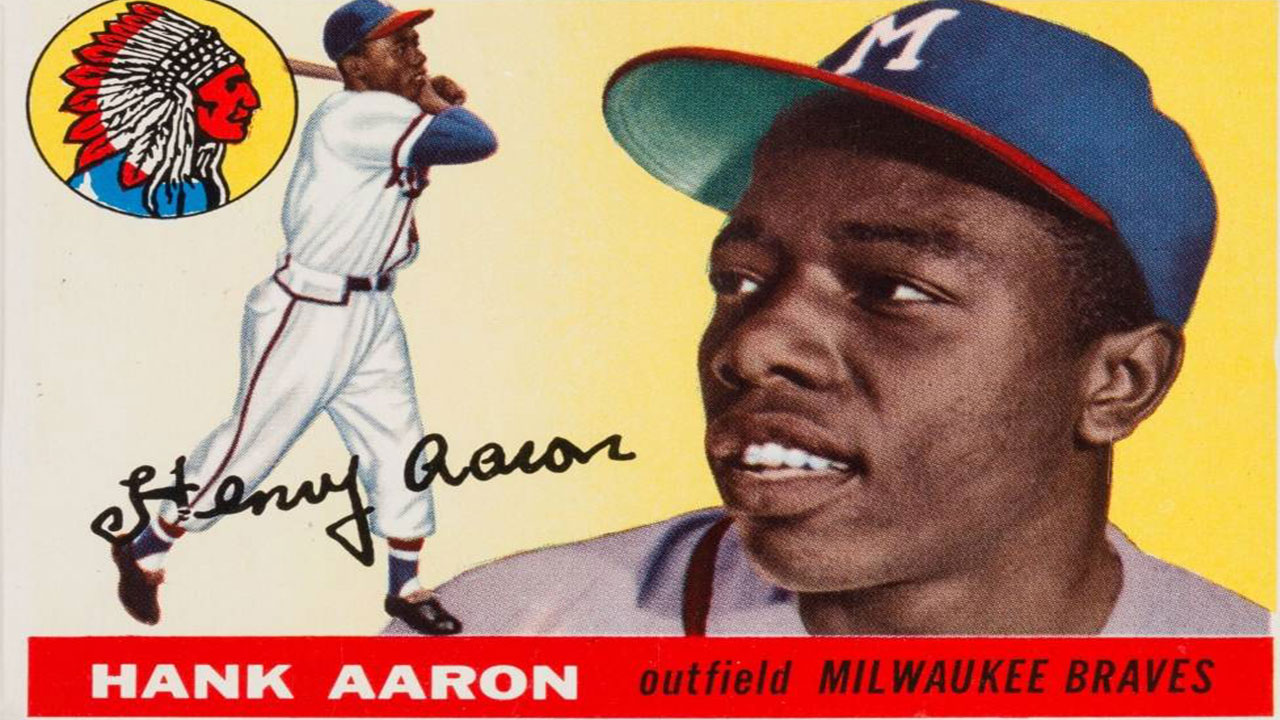
The Alabama Boy Makes Good: Hank Aaron, Legend of the Negro World
Aaron was an incredible player. He lived a long life. And he got his due, his accolades, his recognition, while he was alive. That is good. So many Black players from the Negro Leagues never did. Those Black barbers from my boyhood knew more than I did.
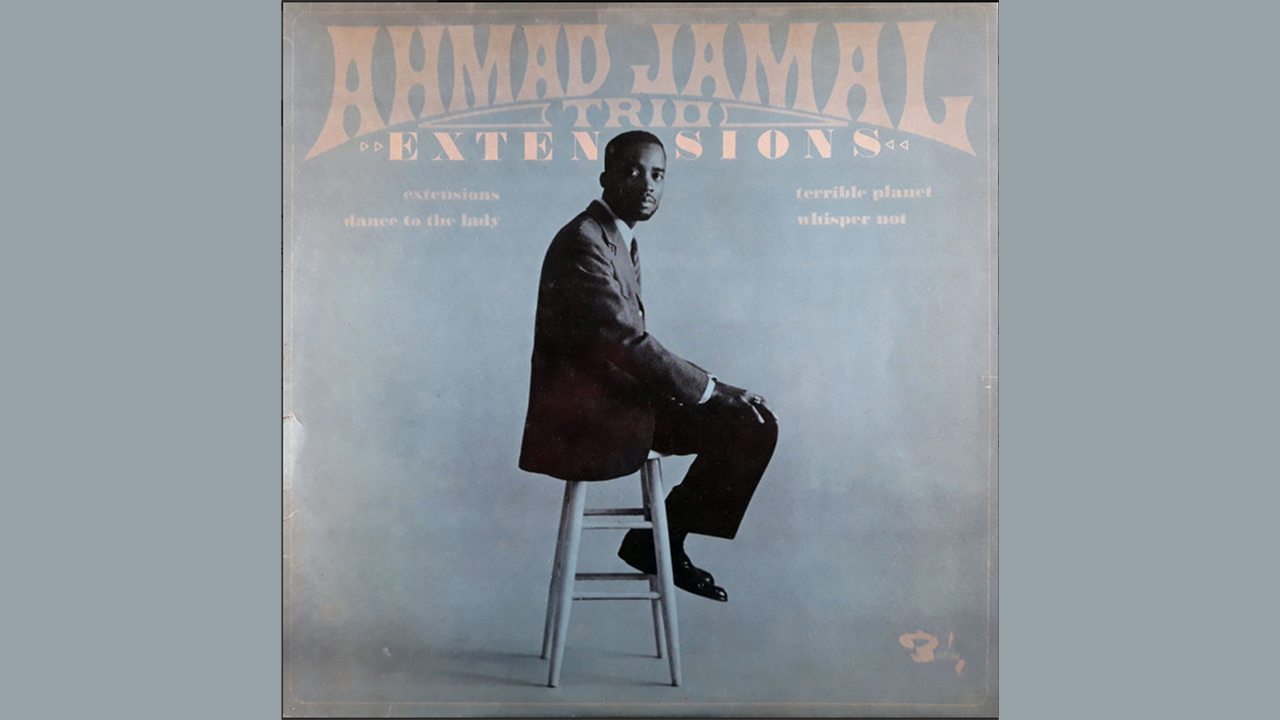
Remembering Ahmad Jamal
Ahmad Jamal never gave a bad performance. I remember one critic called a performance I attended bombastic. It was a late set, and a lot of musicians were in the audience. Maybe he wanted to play for them. Perhaps he did flaunt his technique a bit but it was all right with me.
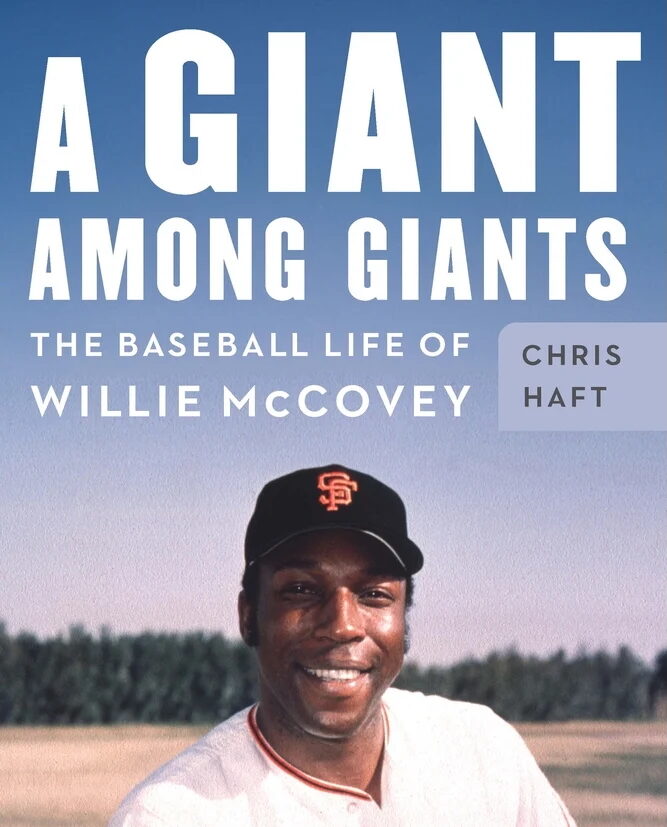
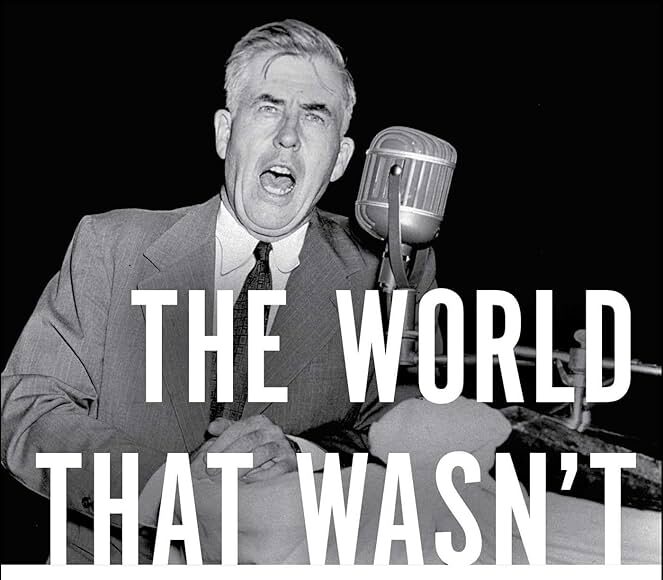

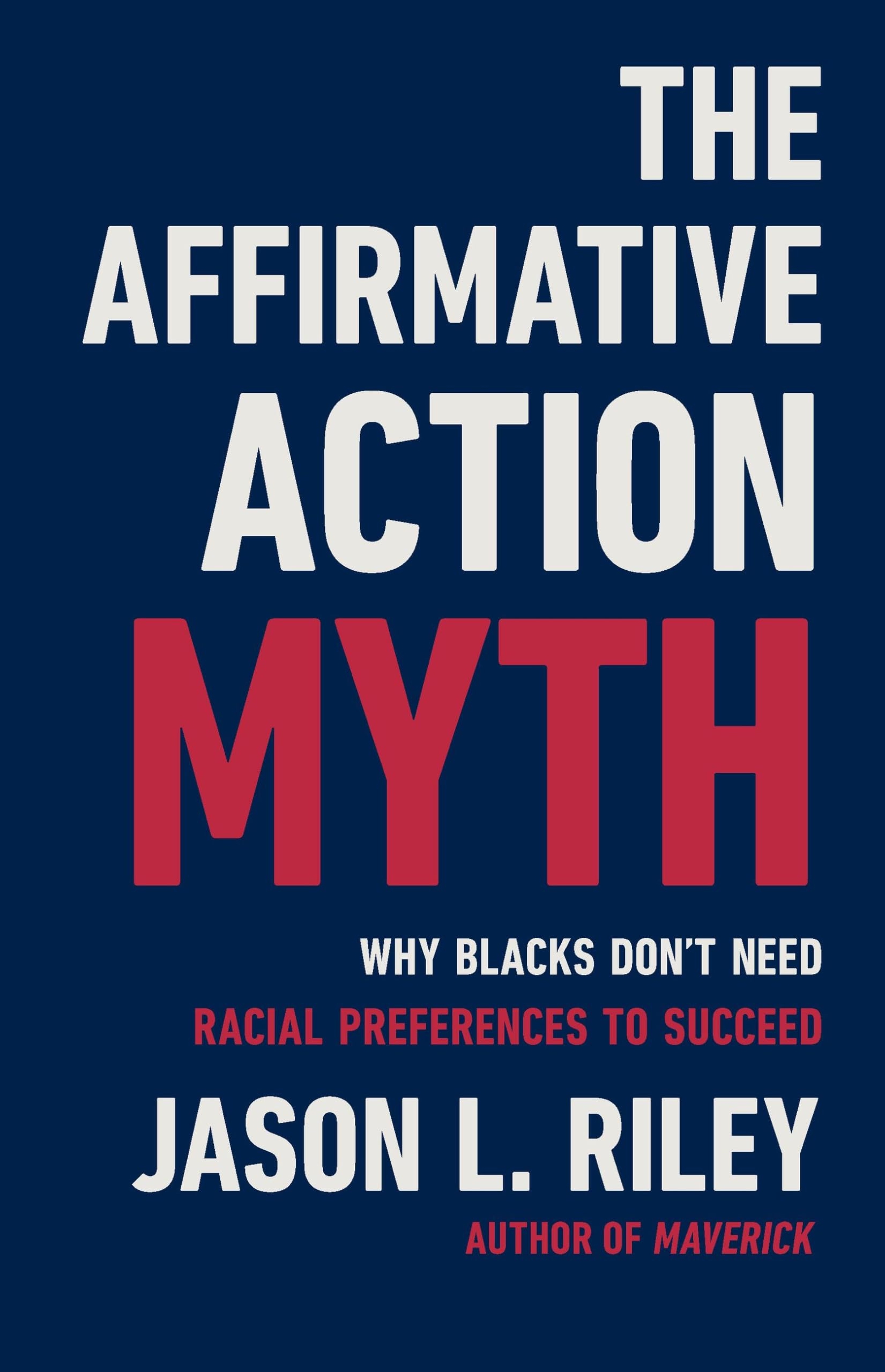
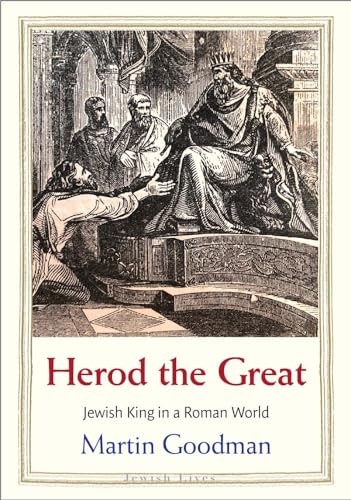
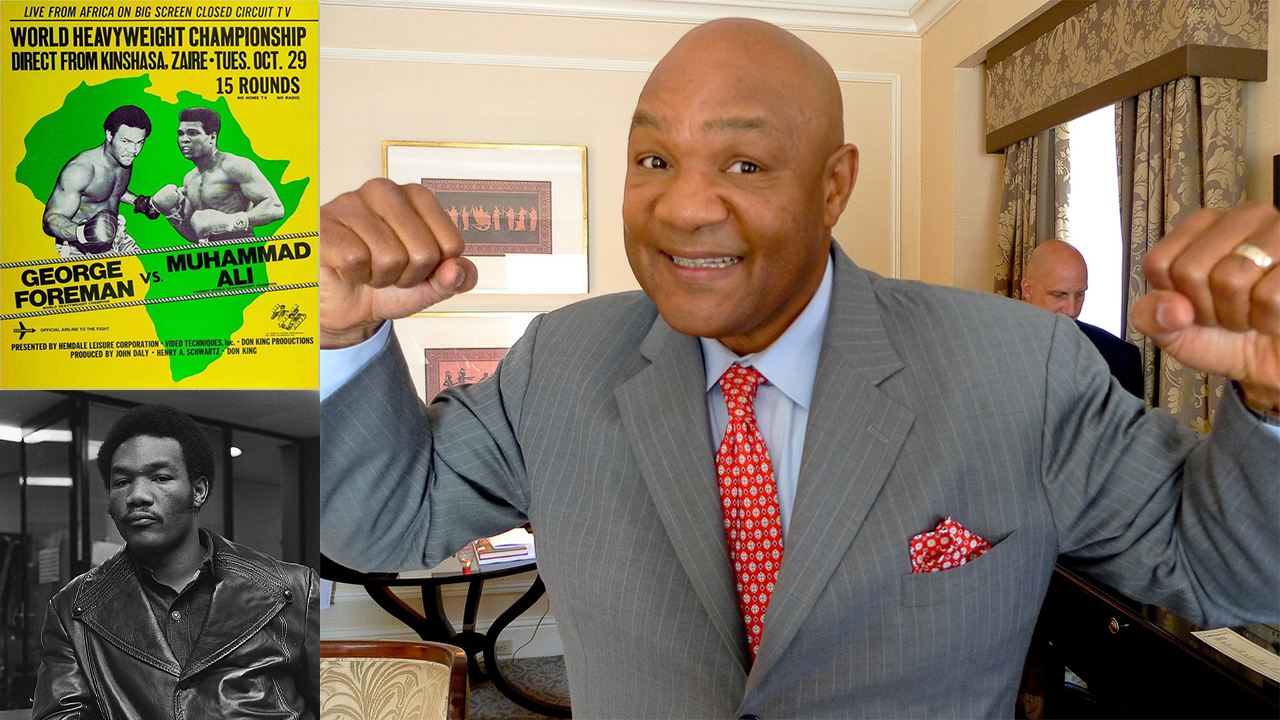
Remembering George Foreman, the King of the Comeback
George Foreman was not such a political naïf as he led people to think. He was castigated and ostracized by many Blacks in Houston. But he was on the road to becoming heavyweight champion of the world. He had a name, and even if his skills were not polished. He was big, strong, with a hard punch, and a willingness to train and follow his trainers’ instructions. What were his Black critics, those loudmouthed, street losers he left behind, going to be? Nobody was buying what they were selling. What Foreman learned early on was this: do not try to sell unhappiness. People are already more unhappy than you think.